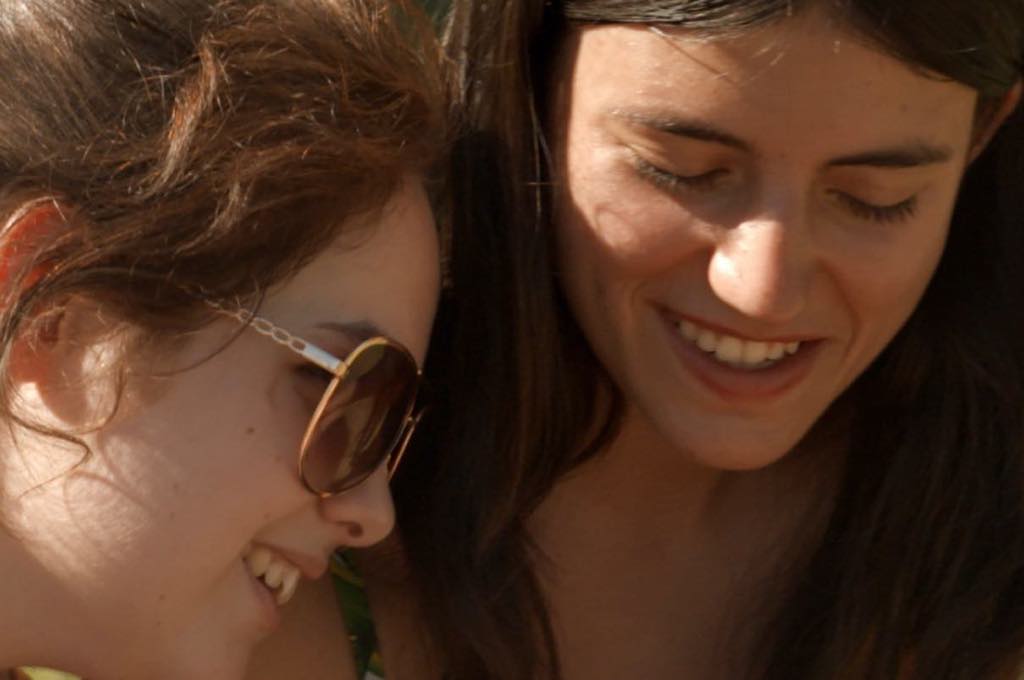Director Sébastien Lifshitz is a brave man. For five years he embedded himself and his camera in the lives of two adolescent girls in the French provincial town of Brive, recording the traumas and joys of that fraught stage of life. He turned his 500 hours of footage into the two-hour-and-15-minute documentary Adolescentes.
At the beginning of the film, 13-year-old Anaīs and Emma are best friends, even though they come from two different worlds. Emma’s family is decidedly middle-class, and her parents are both professionals. She is always well-groomed and dressed in the latest cool styles. Anaīs’s parents, on the other hand, seem to be unemployed. Her mother, who is grossly overweight, disappears for a year to have some kind of weight-loss operation. Anaīs is also overweight but seems unconcerned about it.
Where the two girls really differ, however, is in their personalities. Emma is rather laconic, except when arguing with her mother and chatting with her friends, while Anaïs is assertive and self-assured in spite of her unprepossessing background and appearance. The two girls may not look or dress alike, but they share a penchant for extra-long fingernails painted in fancy colors and patterns.
As they grow older, their paths diverge. At school, Anaīs is channeled into a vocational track (she wants to work with the elderly), while Emma opts for acting school. The film ends with them saying goodbye to their families and taking their respective trains to their future lives.
Adolescentes in some ways resembles a reality show, but without the fake suspense and the onscreen commentaries of the participants. We don’t find out what they are thinking, just watch as flies on the wall as they giggle together, ogle hot boys and go through their teenage traumas: Anaīs being dumped by a boyfriend, worrying about her mother, arguing with her father (fathers are otherwise pretty much absent from the film), and Emma constantly arguing with her mother (some of those grating and tiresome scenes could well have been cut out) and mooching around and sulking when she is not with her friends.
Current events are also worked into the documentary. We see the girls watching on TV the major events of the time – the Charlie Hebdo shootings and the terrorist attacks of September 15, 2015 – and the presidential election of 2017. Unfortunately, we don’t hear any reactions to what they are watching except Emma’s grudging comment, in response to a question from her father, that most of her friends are supporters of “Marine” (Le Pen), the use of the first name seeming to indicate a disturbingly affectionate familiarity with the head of France’s extreme-right political party.
The French press and public have adopted this film wholeheartedly, perhaps because it depicts their world and their cultural references, but I must admit it left me a bit nonplussed with its avalanche of scenes and lack of point of view, perhaps because I didn’t really warm to the main characters. I found Emma pretty much unlikable, but I did admire Anaīs – even though she was often annoying and overbearing – for her spirit and drive.
Or maybe Adolescentes reminded me too much of my own adolescence, which makes it a success in a way. One thing’s for sure – it didn’t make me want to relive my teenage years.
Favorite

